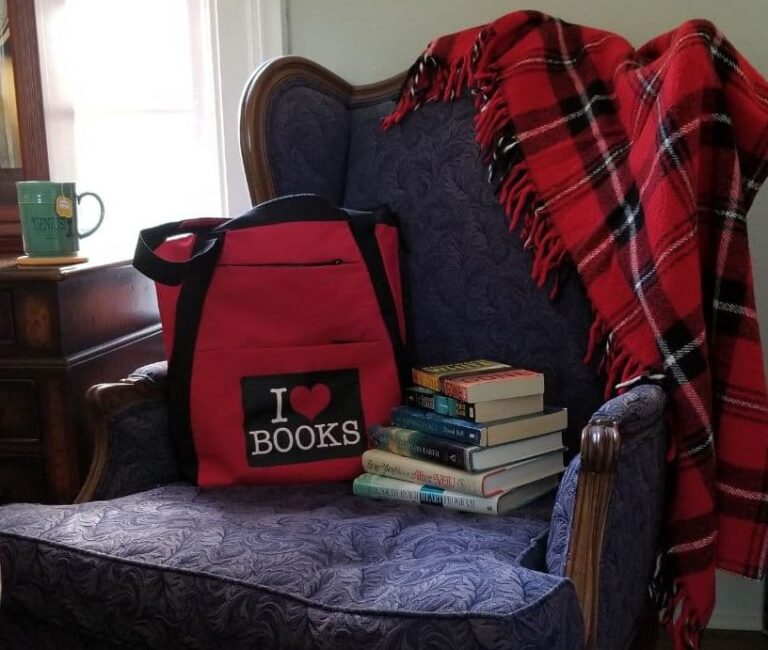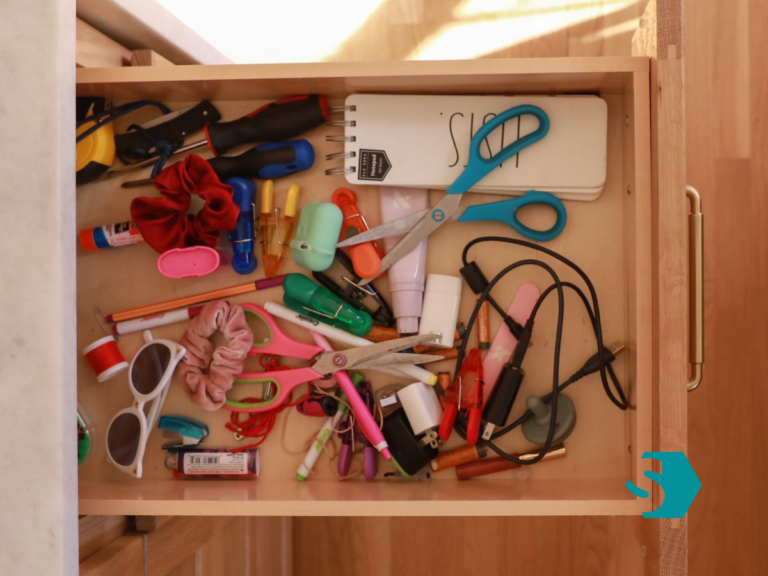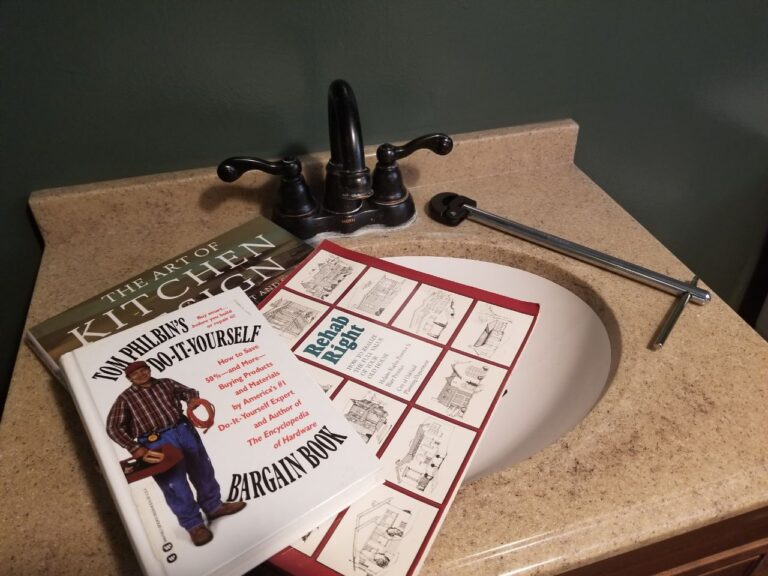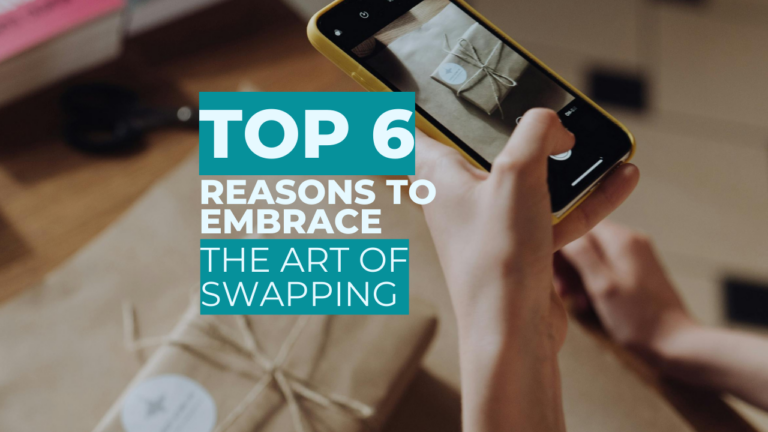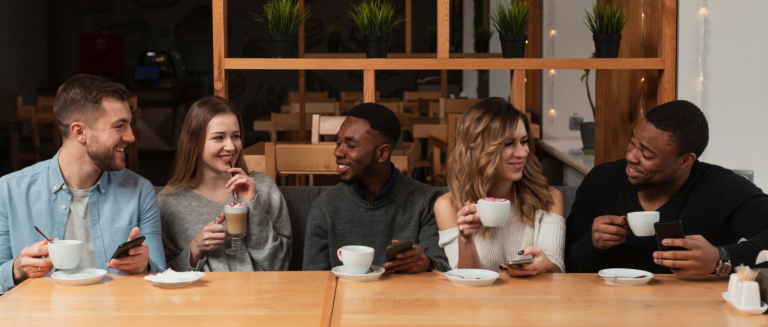“We are not rich by what we possess but by what we can do without.”
— Immanuel Kant
I never thought about how much stuff I had until I moved apartments. That was when I first started thinking about what I actually needed. And that turned into an unexpected yet welcome lifestyle change.
As I packed boxes, a question came to my mind: Why do I own all this? Do I still use it? Do I even like it? I’d never thought about my things this way. This was the beginning of making different decisions, not just about what I got rid of, but about what I brought in.
I remember hearing the phrase “mindful consumption.” It sounded a little vague or preachy, like a minimalist lifestyle that involved expensive new habits and restricting myself too much. But the truth is that it’s just about paying attention. It’s adding just one more step to the routine of buying and asking: Do I need this? Will it last? Do I already have something similar? That’s it. It’s awareness, not perfection.
This is not just about “the less we consume, the better” because consuming is part of being alive. We all need new things from time to time. We consume to live, to build, to create, to connect. But at some point, many of us (myself included) started consuming out of habit, or boredom, or the idea sold on social media that owning more stuff equals a better quality of life. And it turns out that many times the stuff we own makes our lives and surroundings more difficult to clean and organize — or even creates mental stress.
When I started incorporating this “intention” when buying, I was surprised by a realization. Not only did I feel lighter and clearer both physically and mentally, but I started to appreciate and have more love for what I already own. And I even went down the path of secondhand buying and responsible consumerism. That may have to be a theme for another article.
There’s also something kind of satisfying about not rushing. About saying, “I’ll wait for the right thing” or, “Maybe someone I know already has one I can borrow.” That pause is awareness. It’s not led by morals, nor does it need to be rigid. It’s just a self-check, a second thought.
At Swampum, we’re trying to make that pause easier. It’s a space where you can pass along what you no longer need and find things from others that actually fit in your life. It’s not about being perfect or living with less. It’s about paying attention and making choices that work—not just reacting to ads, trends, or the pressure to buy something right away.
Sharing within our communities brings a kind of happiness that goes beyond the stuff. It’s about feeling connected with something—knowing an item had a story before us, and still has purpose. When we start thinking more clearly about what we bring into our homes and exchange things with others in our community, we’re not just saving space or money—we’re building quiet, everyday connections. That’s what we’re trying to make easier at Swampum.
If you’re anything like me — always asking, “Where did all this come from?” — maybe now is the time to start noticing. That’s the first step.


